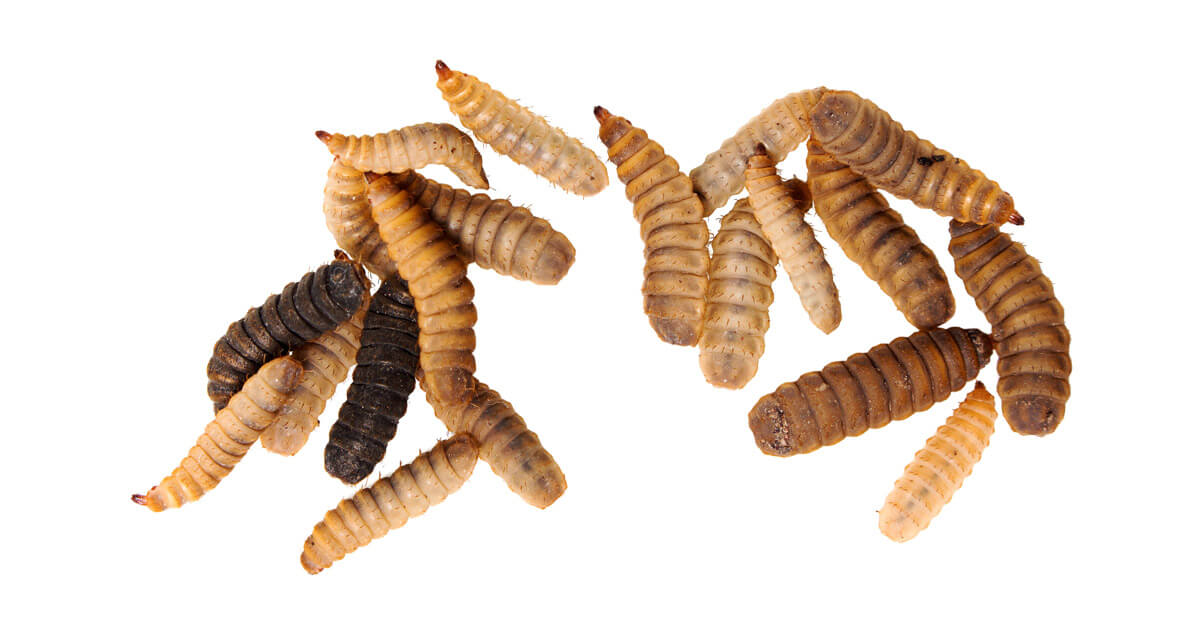Yoga is effective in controlling migraine
A new study have tried to evaluate the effectiveness of yoga as an adjuvant to conventional medical management on clinical outcome in patients with migraine.









